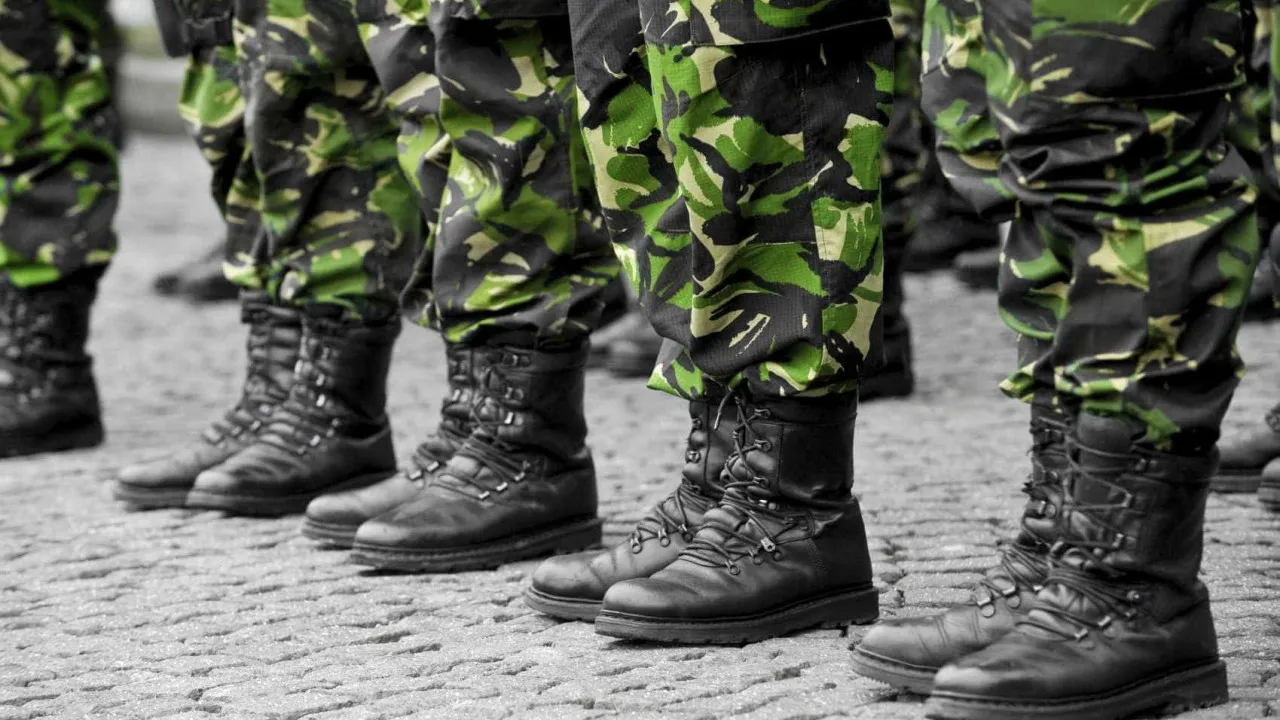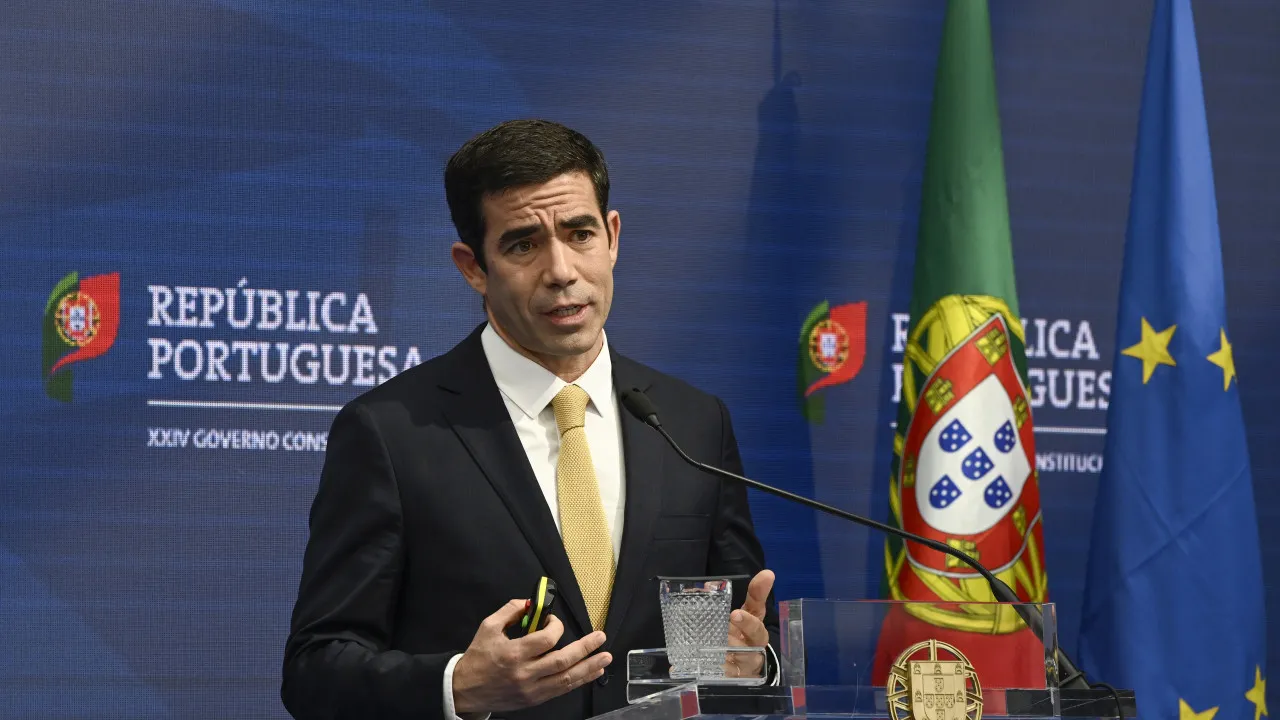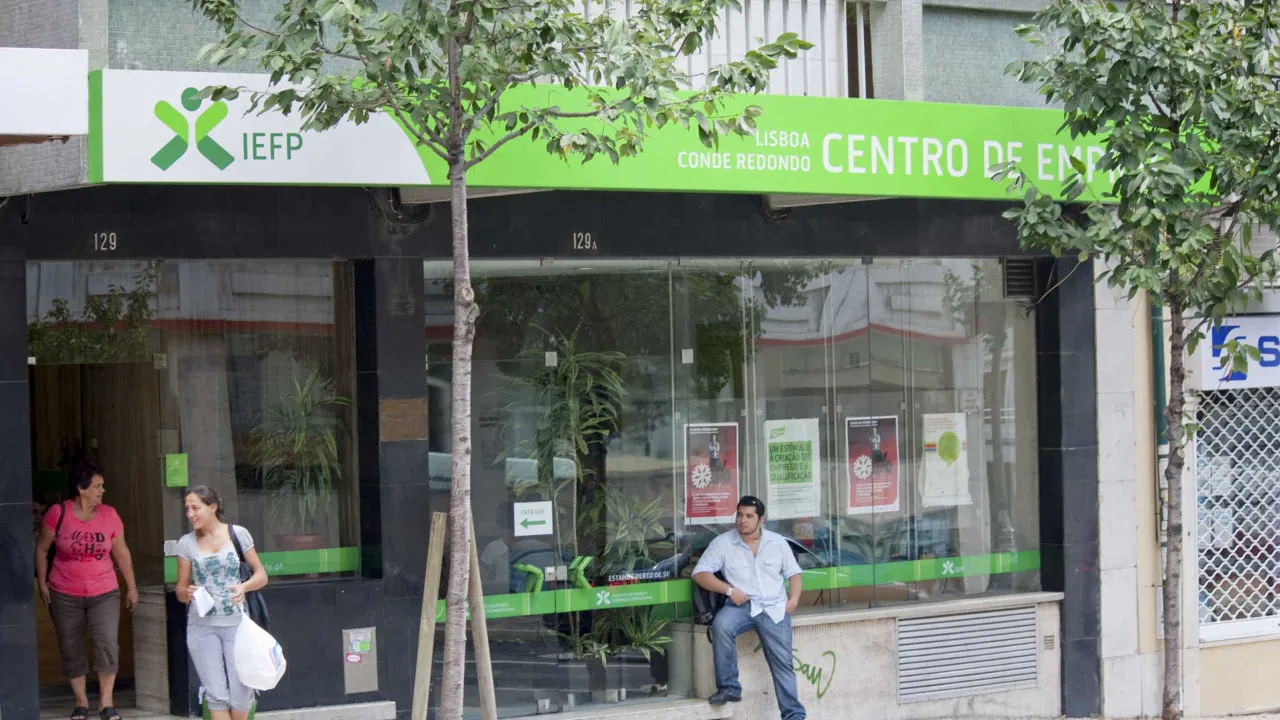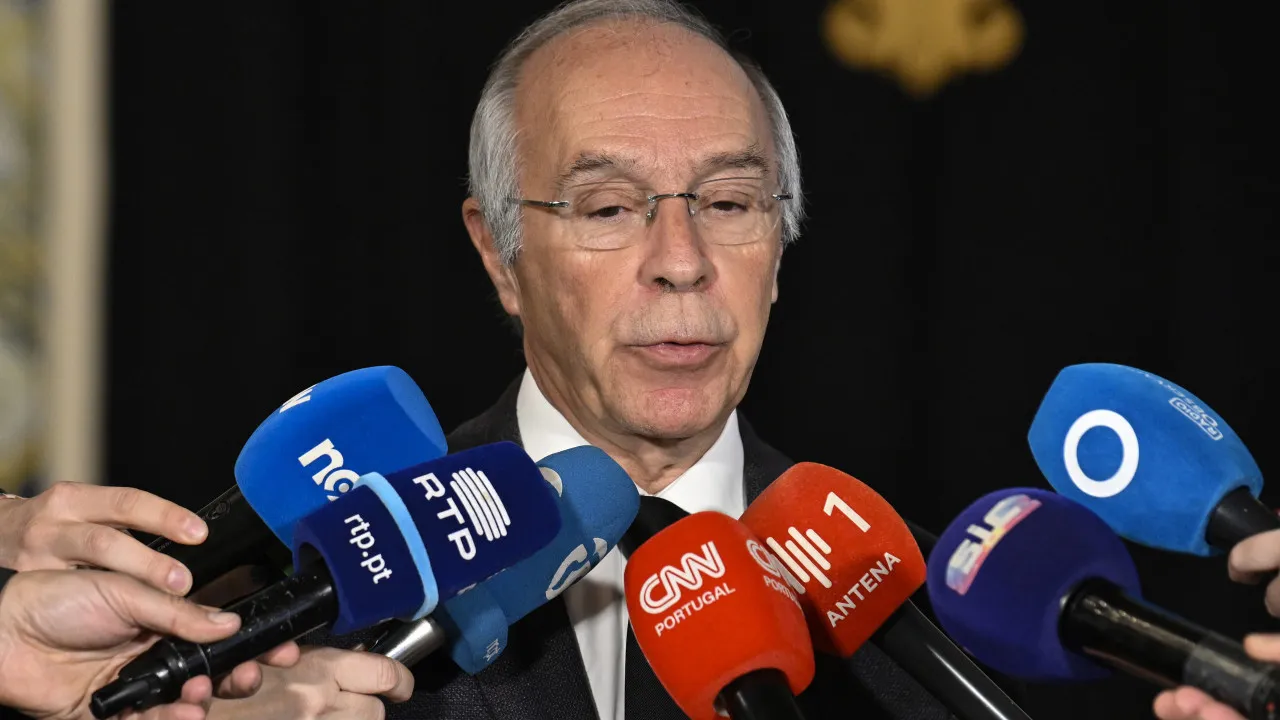
Nearly a year after Portugal brought forward its commitment to achieve 2% of GDP in defense spending to 2029 during a NATO summit in Washington, D.C., scheduled for July 2024, Luís Montenegro made a new pledge at the inauguration ceremony of the XXV Constitutional Government on June 5: Portugal, “if possible,” would reach the 2% target this year through “a realistic plan.”
A few days later, in Germany, the head of the minority PSD/CDS-PP government ruled out the need for a revised budget to accommodate this financial burden, as well as any consequences for the social state.
The government program, released on the 14th, confirmed Portugal’s commitment by omitting the phrase “if possible” and definitively stating the goal of reaching 2% of GDP in defense investment this year, with one-fifth of that amount allocated to goods, infrastructure, and equipment—a target agreed upon by allies at the Wales summit in 2014.
Last year, according to figures released by the Ministry of Defense, Portugal spent 4.481.50 million euros on military expenditures, corresponding to 1.58% of GDP, which necessitates an increase of about 1.3 billion euros this year to meet the 2% target.
At the upcoming NATO summit, which takes place on Tuesday and Wednesday in The Hague, Netherlands, the bar for defense investment is set even higher.
NATO Secretary-General Mark Rutte announced that he would propose allies increase military spending to 5% of GDP: 3.5% for “pure defense” spending (armed forces, equipment, and training) and 1.5% in investments such as infrastructure and industry.
Spain criticized the 5% target, even refusing it, and Slovak Prime Minister Robert Fico suggested a potential withdrawal of his country from NATO, stating that “neutrality would benefit Slovakia” and called Donald Trump’s proposed demands “irrational.”
In Portugal, the figure also raised concerns among the two largest opposition parties, Chega and PS.
In meetings with the Prime Minister in São Bento, the interim socialist president and secretary general, Carlos César, considered this amount “not compatible” with the Portuguese budgetary reality, and the leader of Chega, André Ventura, described it as “impracticable” at this time.
In an interview with Lusa, the Minister of State and Finance, Joaquim Miranda Sarmento, admitted that Portugal “will not be among the fastest” NATO allies to increase defense spending, but assured that the country “will not be left behind” and indicated that Portugal would follow NATO’s spending concept, but would “identify if there are any expenses that today already exist in other ministries […] and are currently not being recorded.”
President Marcelo Rebelo de Sousa, on the 9th, suggested greater flexibility in accounting for defense expenditures and investments to reach 2% of GDP, arguing that this practice is followed in other countries and that Portugal has strict criteria.
In April, Portugal requested in Brussels that the safeguard clause be activated, exempting from European budgetary rules, namely from the deficit calculation, investments to be made in defense in the coming years.
The NATO summit will be held in The Hague, the birthplace of NATO Secretary-General Mark Rutte, a former Prime Minister of the Netherlands, whose capital is Amsterdam. The parliament and government are located in The Hague.
The Netherlands is a constitutional parliamentary monarchy, where the Prime Minister is the head of government and the monarch is the head of state.
The country covers about 37,000 square kilometers and in 2024 the population was about 17 million inhabitants.




